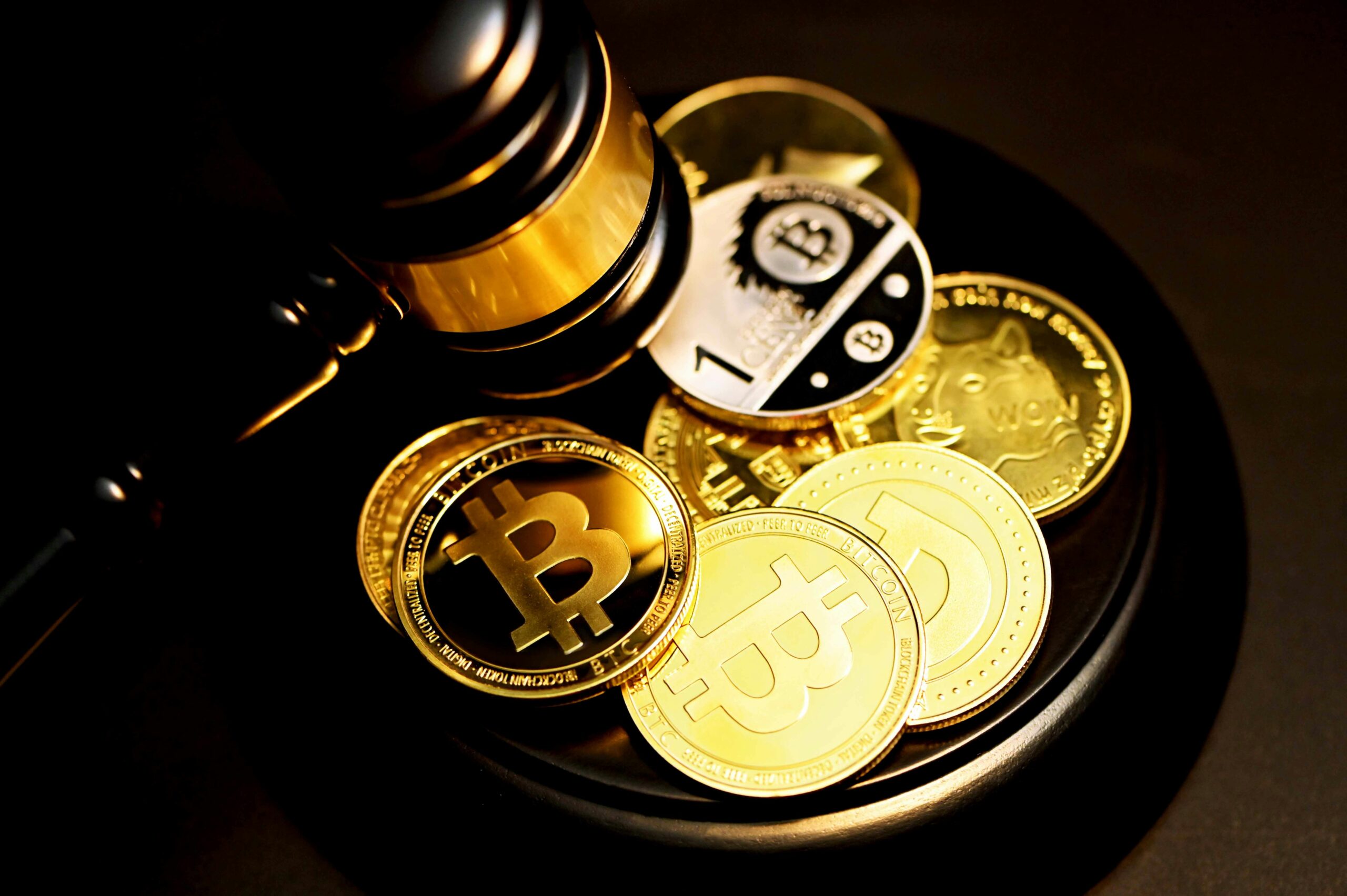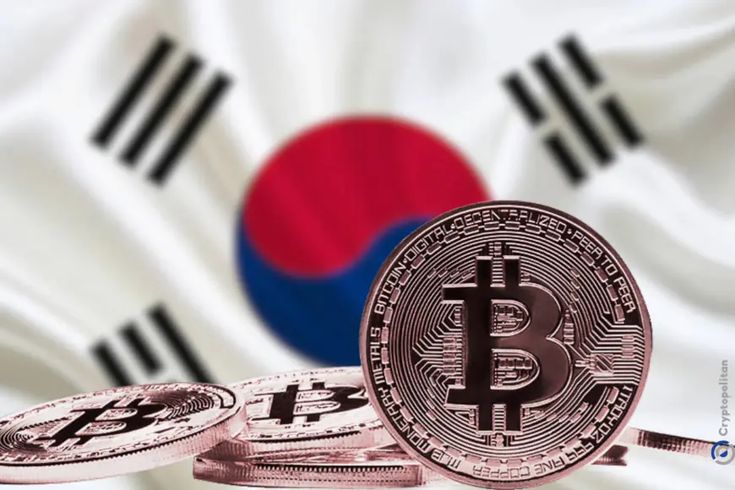The United States government has intensified its efforts to disrupt financial networks supporting designated terrorist organizations by seizing cryptocurrency funds allegedly linked to Hamas. This action underscores the increasing scrutiny of digital currencies used in illicit activities.
In October 2023, the U.S. Department of the Treasury’s Office of Foreign Assets Control (OFAC) imposed sanctions on Buy Cash, a Gaza-based cryptocurrency exchange. Buy Cash was accused of facilitating financial transactions for Hamas, including converting and transferring digital assets to support the group’s activities. This move was part of a broader strategy to target entities and individuals involved in terror financing across multiple countries, including Algeria, Sudan, Turkey, and Qatar.
The use of cryptocurrencies by militant groups has been a growing concern for international authorities. Digital currencies offer a level of anonymity and ease of transfer that can be exploited for illicit purposes. In response, governments have been collaborating with financial institutions and blockchain analytics firms to trace and intercept funds intended for terrorist activities.
In a related development, reports have indicated that platforms like the Tron crypto network have been utilized by groups such as Hamas and Hezbollah for financial transactions. This has raised ethical and security concerns, especially when such platforms engage in partnerships or receive investments from prominent figures. For instance, in December 2024, a crypto venture co-founded by former U.S. President Donald Trump partnered with the Tron platform, leading to scrutiny over potential conflicts of interest and the implications of such associations.
The U.S. government’s actions reflect a commitment to preventing the misuse of emerging financial technologies by terrorist organizations. By imposing sanctions and seizing assets, authorities aim to disrupt the financial infrastructure that supports these groups. These measures also serve as a warning to other entities that may be facilitating or considering facilitating similar transactions.
The broader implications of these actions highlight the challenges regulators face in balancing the promotion of financial innovation with the need to prevent illicit activities. As digital currencies become more integrated into the global financial system, ensuring they are not exploited by malicious actors remains a critical priority for governments worldwide.
In conclusion, the U.S. government’s seizure of cryptocurrency funds linked to Hamas represents a significant step in combating the financing of terrorism through digital assets. It underscores the necessity for continued vigilance and cooperation among international authorities, financial institutions, and technology providers to ensure that the financial system is not misused to support illicit activities.



